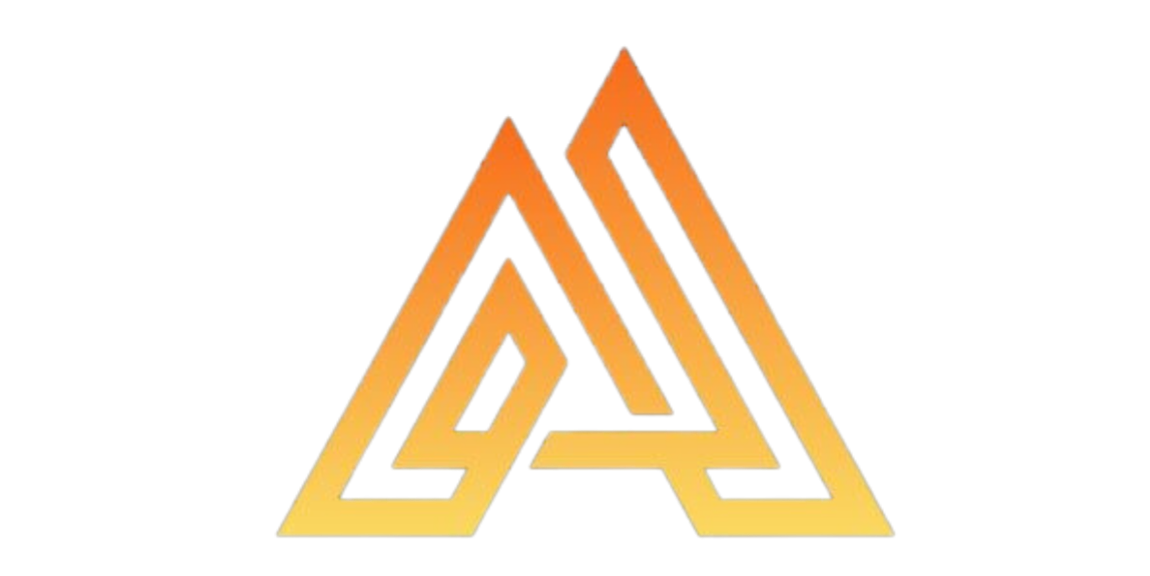
In a groundbreaking move, Japanese electronics giant Casio has teamed up with Polygon Labs, a leading Layer-2 scalability solution on the Ethereum blockchain, to introduce virtual G-SHOCK watches, leveraging Polygon’s cutting-edge protocols. This venture also encompasses the creation of a collection of community access passes firmly anchored in the realm of NFT (Non-Fungible Token) technology.
The G-SHOCK Revolution
The G-SHOCK series, renowned for its shock-resistant technology since its inception in 1983, has become a global phenomenon. Casio’s brand has consistently represented durability and longevity in timekeeping, further solidifying its standing through collaborations with prominent figures in fashion, sports, art, music, and various cultural domains.
The recent launch of the “Virtual G-SHOCK” initiative on September 4 marks a significant step forward. This initiative establishes an interactive user community centered around the iconic line of shock-resistant watches. The move is aimed at propelling the G-SHOCK legacy into the virtual realm and cultivating a culture of wearing watches in virtual spaces.
Fostering Community and Co-Creation
Central to Casio’s initiative is the promotion of community engagement and co-creation. Members actively participating in this community will have the opportunity to enhance their standing and progress to higher levels based on their contributions. Increased engagement translates into elevated status, entailing benefits like priority project involvement and NFT acquisition. This approach is designed to stimulate active participation and ensure that dedicated members receive due recognition and rewards for their contributions. It underlines the importance of collaboration and dynamic involvement within the community framework.
Casio has announced its plans to host the G-SHOCK Creator Pass Colour Design Contest, where community members will have the chance to influence the design elements of the pass, including its color schemes, materials, and patterns. The chosen design will become the official appearance of the G-SHOCK CREATOR PASS.
NFTs: Blending Tradition with Technology
This foray into the NFT space is not isolated. Since the groundbreaking sale of the first-ever watch NFT – The Bigger Bang All Black Tourbillon Chronograph Special Piece – from Jean-Claude Biver in collaboration with Swiss enterprise WIseKey on OpenSea in March 2021, several manufacturers have sought to marry legendary timepieces with NFT technology. Jacob&Co. introduced the Louis Moinet Space Revolution, TIMEX entered the arena, and Swiss luxury watchmaker Hublot, in partnership with Takashi Murakami, made its mark. TAG Heuer also joined this innovative trend, demonstrating the growing convergence of horology and blockchain-based assets.
Polygon: The Catalyst for Casio’s Web3 Venture
Casio’s choice of Polygon as the platform for its Web3 venture stems from the network’s capacity to facilitate rapid transactions, ensuring a seamless and efficient process for NFT creation and management. This is all achieved while adhering to a carbon-neutral approach, demonstrating a commitment to sustainable practices in the blockchain space.
Takahashi Oh, Senior General Manager of Timepieces at Casio, emphasized the purpose of this co-creation venture: “The co-creation of the Virtual G-Shock Project aims to increase the presence of the G-Shock brand in the virtual and Web3 worlds and to foster a culture of wearing watches in the virtual world.”
Casio’s strategic move into the NFT space, facilitated by Polygon’s cutting-edge technology, signals a significant milestone in the convergence of traditional industries with blockchain-based assets. This initiative not only expands the horizons of the G-SHOCK brand but also pioneers a new era in watchmaking by blending innovation, community involvement, and digital ownership. As the NFT ecosystem continues to evolve, collaborations like these are likely to redefine the way we perceive and engage with iconic brands. Casio’s Virtual G-SHOCK initiative stands as a testament to the power of co-creation in the age of blockchain technology.
